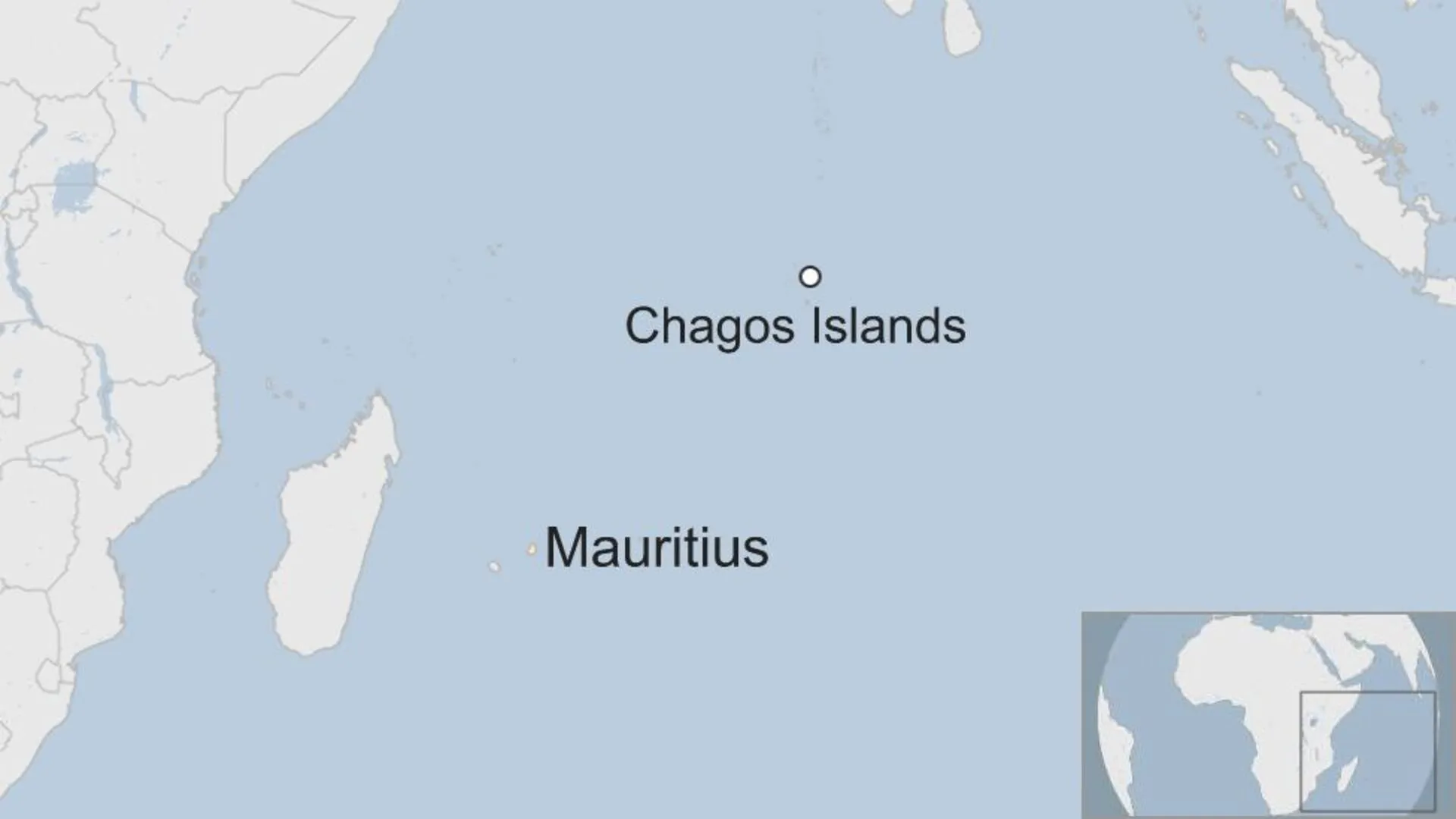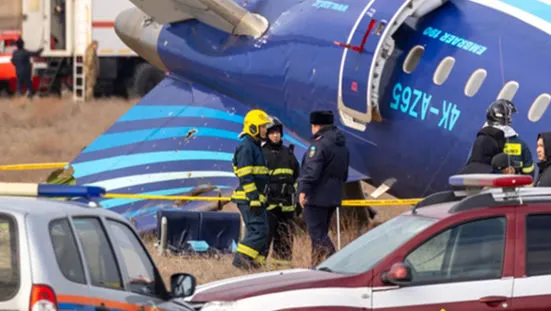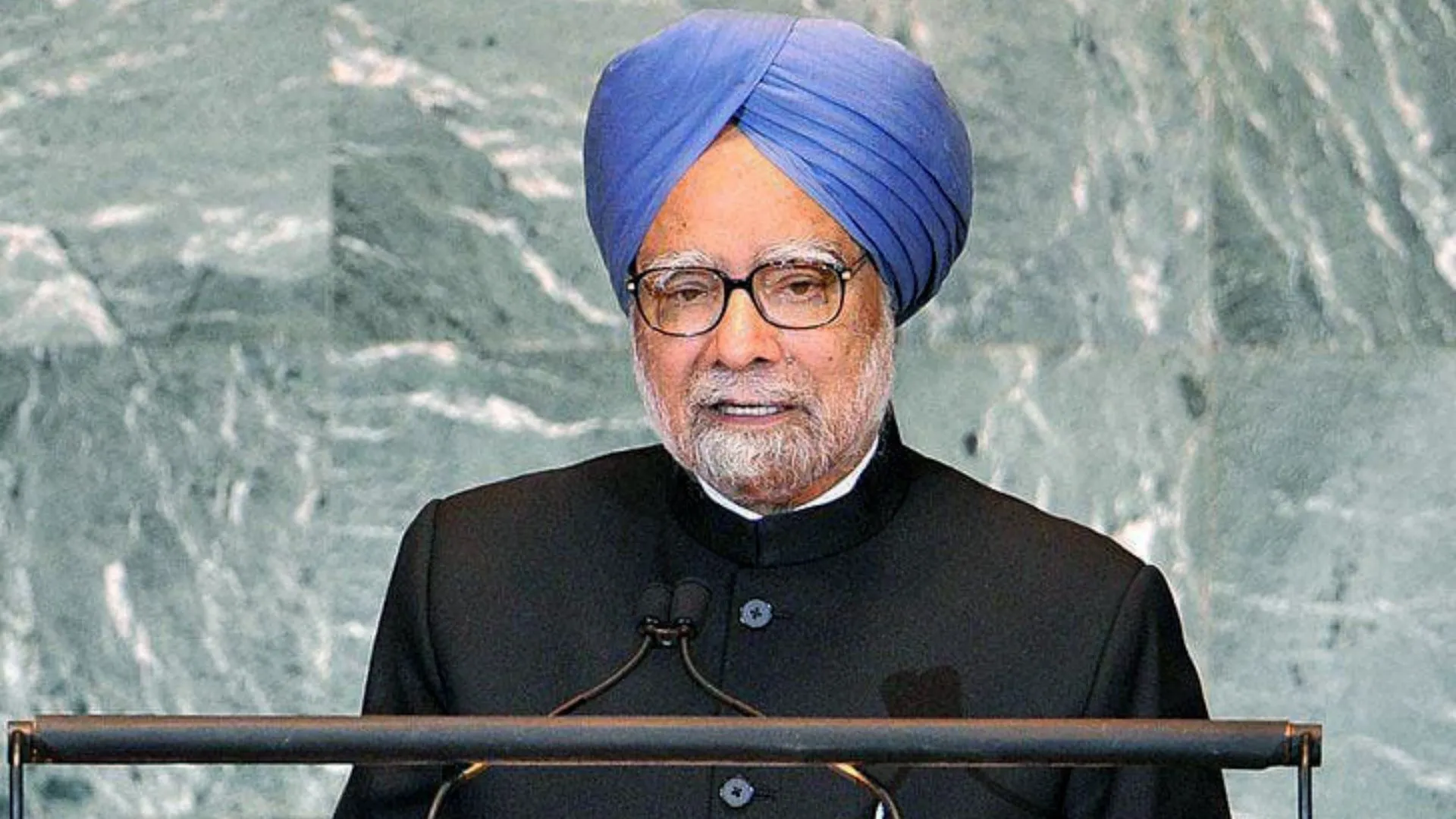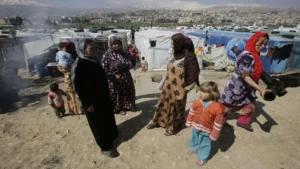In the recent development Turkey’s Interior Minister, Ali Yerlikaya, stated on Wednesday that many of the three million Syrian refugees in Turkey may soon want to return to their homeland Aleppo, following the city’s recent capture by rebel forces. However, Yerlikaya cautioned that the current situation in Syria remains unsafe for large-scale returns.
“We know how deeply the people from Aleppo feel about their city,” Yerlikaya said, emphasizing their enthusiasm to return. However, he added that the time is not yet right for such moves, urging patience until safety and stability are restored in the region.
Approximately 42% of the Syrians residing in Turkey, around 1.25 million individuals, hail from the Aleppo region, and Yerlikaya predicted strong interest in their return once conditions improve. The capture of Aleppo, Syria’s second-largest city, by rebels marks a pivotal shift in the Syrian conflict, as it had remained under government control throughout the ongoing war.
In Turkey’s border provinces, including Gaziantep, Şanlıurfa, and Hatay, around 880,000 Syrian refugees reside, with an additional 500,000 in Istanbul. The Turkish government has already facilitated the return of 110,000 Syrians to northern Syria this year, where Turkey’s military operates against Kurdish forces.
However, experts are skeptical about the prospect of a large return in the near future. Many refugees, who have been living in Turkey for over a decade, have settled into life there, with about 1.5 million minors receiving their education in Turkey. As one humanitarian worker pointed out, the challenges of returning to war-torn Syria in winter, with devastated homes and infrastructure, will deter many refugees.
The worker further noted that the scale of returns will largely depend on how effectively the rebels consolidate their territorial gains in Aleppo. Some refugees may opt to visit temporarily to assess the situation before making a permanent move.
While the return of refugees remains a key issue for Turkey, the government must balance its humanitarian commitments with political pressures, especially as the situation in Syria remains volatile.














